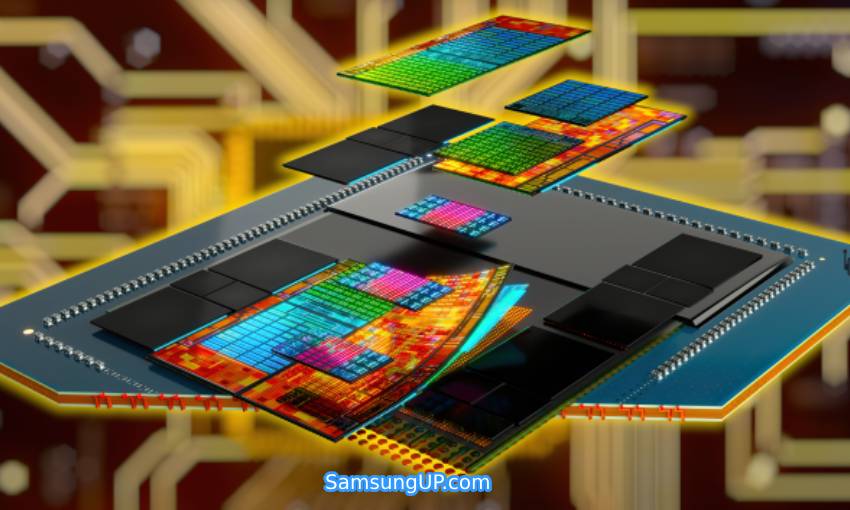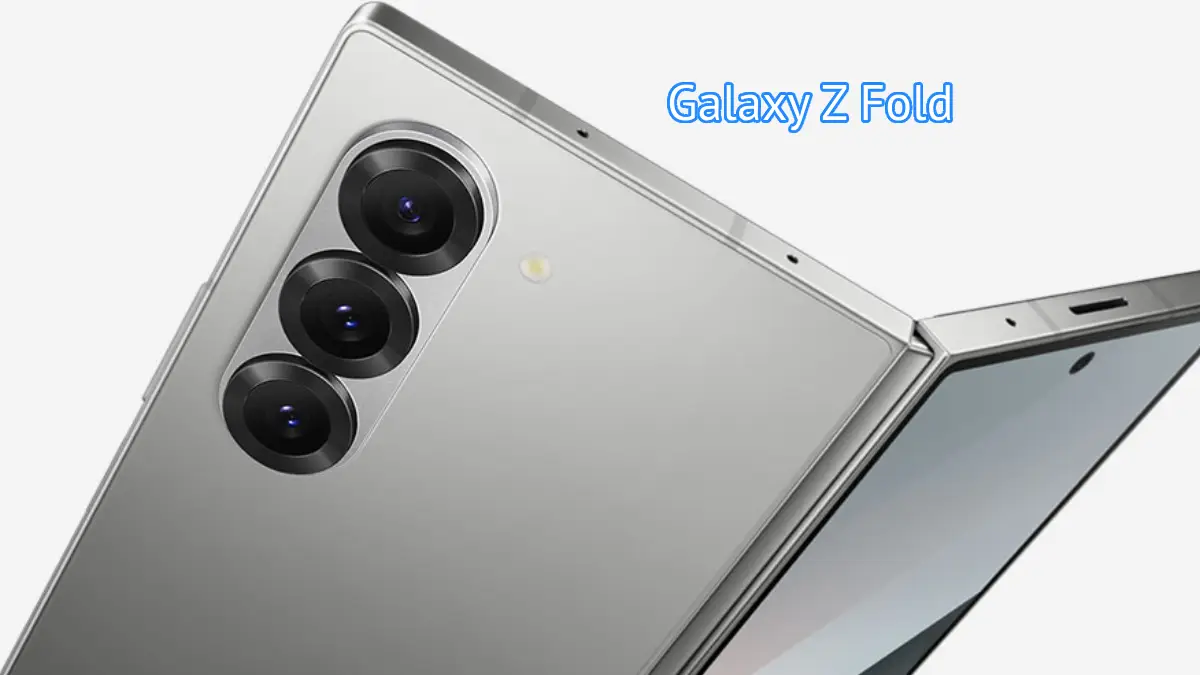Samsung Foundry, a key player in the semiconductor industry, has reportedly landed significant orders from major companies, AMD and Tesla, solidifying its position in chip production. According to a report from Korean outlet Fnnews, Samsung Foundry is set to challenge industry giants like TSMC with its 4nm chip production.
In a recent investor forum in Hong Kong, Samsung’s foundry division outlined its strategy to diversify sales by expanding into semiconductor applications for AI and automobiles. The company aims to become a formidable competitor in the semiconductor market while maintaining a strong presence in its mobile division.
The company’s 4nm process has garnered interest, especially in the AI segment. Samsung has reportedly passed crucial quality tests for its next-gen HBM3 memory, paving the way for collaboration with AMD. Although the specifics of their partnership remain unclear, it’s speculated that Samsung might contribute certain IPs, while the overall chip design remains a TSMC creation.
Samsung is also working on its advanced chip manufacturing ecosystem, “SAINT,” poised to rival TSMC’s CoWoS. This initiative indicates Samsung’s commitment to advancing semiconductor technologies and expanding its influence in the industry.
Hyperscalers (large-scale data center operators), automobile OEMs (original equipment manufacturers), and Tesla, as well as other customers, came to us wanting chips of their design. When asked why they came to us, we said, “It’s because Samsung has all three.
Our mission is to help semiconductors, including foundries and memory, bring imagination to life. Some of our customers are planning to sell the 4-nanometer AI accelerator we are developing, and the electric vehicle company, the number one in the automobile industry, is also moving to 5-nanometer. We are developing a version of a fully autonomous chiplet.
-Samsung’s President Jeong Hai-Lin
In addition to the AI segment, Samsung has secured orders from Tesla, with a mention of a “5-nanometer” process. This suggests that Samsung’s technology may be integrated into Tesla’s next-gen HW 5.0 chips, specifically designed for Full-Self Driving applications. Samsung’s total sales distribution this year includes mobile (54%), high-performance computing (HPC) (19%), and automotive (11%).

Over the past decade, Samsung has successfully diversified its revenue streams by gaining trust in the industry, moving beyond its traditional focus on mobile and consumer electronics. With a focus on generative AI and advancements in semiconductor technology, Samsung continues to expand its influence in various sectors.
Source: FNNews



